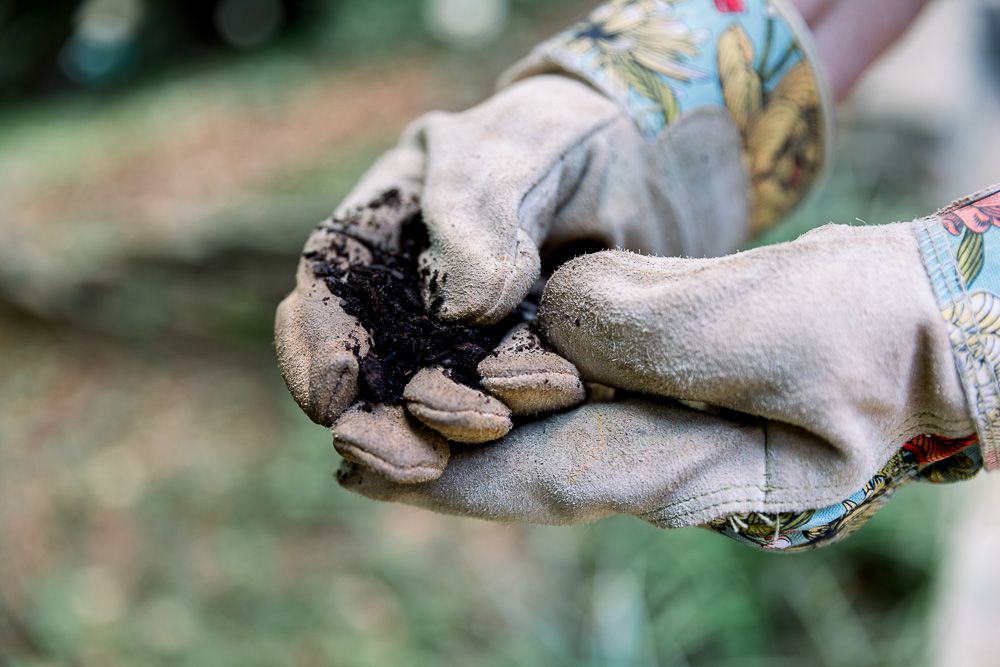Organic compost is a layer of free organic matter, for example, straw, grass clippings, leaves and other comparative materials utilized for covering the soil encompassing the plants or which is situated between lines of plants to safeguard the soil. The compost helps in keeping up with ideal state of the soil. Since it is gotten from plant materials, it breaks down well which makes a few positive impacts, both on the ground and on plants. One of the most significant is without a doubt the disposal of weeds. Types of cover crops with the principle crop societies are now and then called stifling or living compost. Species for covering the soil can be grown previously or after the growing season. This permits the evacuation of weeds and gives different advantages outside the growing season as well.
A decent cover crop utilized as a living compost ought to have the option to settle rapidly, endure traffic on the field, endure dry spell and unfortunate soil richness and have low support costs. Living compost comprises of plants like vegetables, spinach and different species that grow near the ground and can upset the advancement of weeds and improve the soil in organic matter and nitrogen. Countless plants can be utilized for this reason, the main two prerequisites are the capacity ‘to flourish regardless of whether planted extremely thick and rapid of germination. Bulk buy compost is especially compelling against lasting weeds, for example, yarrow, marshmallow, the clematis, sofa grass, horsetail, the mint, the plantain, and so on. In these cases one ought to cover the swarmed region, consistently, for no less than one to two years with a thick layer of compost disseminated in late February and restored like clockwork. A treatment of this sort is the best answer for successfully wipe out weeds.

Physical Effects
- At the point when the organic compost blends in with the topsoil, the material keeps the soil soggy and for the most part upgrades the growth of roots.
- Fundamentally decreases vanishing.
- The compost improves and balances out soil structure, goes about as a cushion, diminishes soil compaction inclining toward dampness maintenance.
Organic impacts
- The organic compost fills in as nourishment for some, microorganisms found in the soil.
- It additionally assists with keeping a consistent temperature for the movement of the microorganisms.
- Some of the time, the compost can acquaint undesirable life forms with the soil, like organisms, microbes and nematodes.
- It is vital that during the stormy season, compost is taken out to forestall plant sicknesses and vermin.
Benefits of composts
- Living compost keeps the earth clean, seriously restricting the advancement of contending weeds.
- Decreases drying in summer.
- Living compost gives assurance to plants against cold.
- Living composts may at last go about as manures when blended in with the fundamental yield.
All composts, whether living or organic, are extremely valuable for organic gardening as organic gardening limits the utilization of manufactured manures.